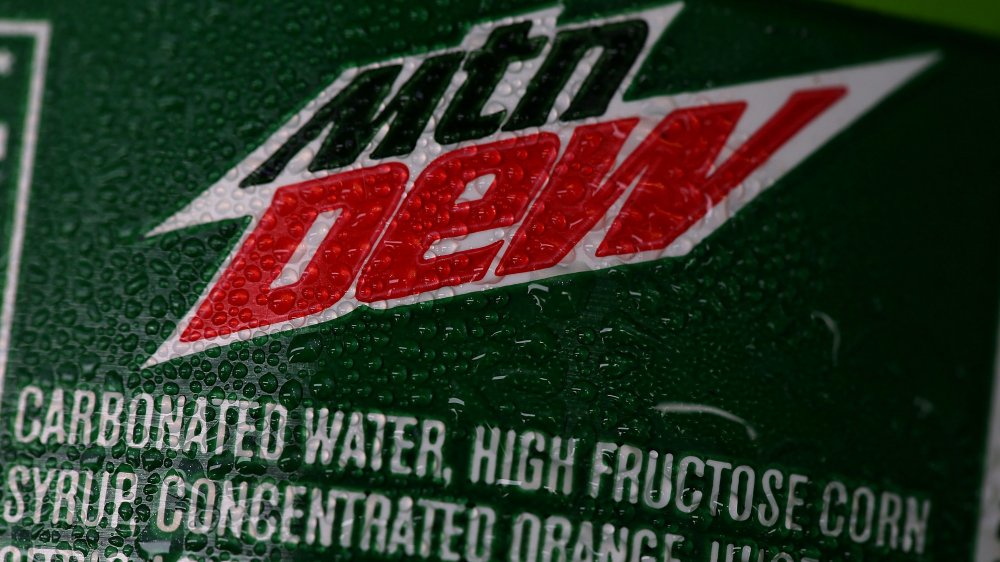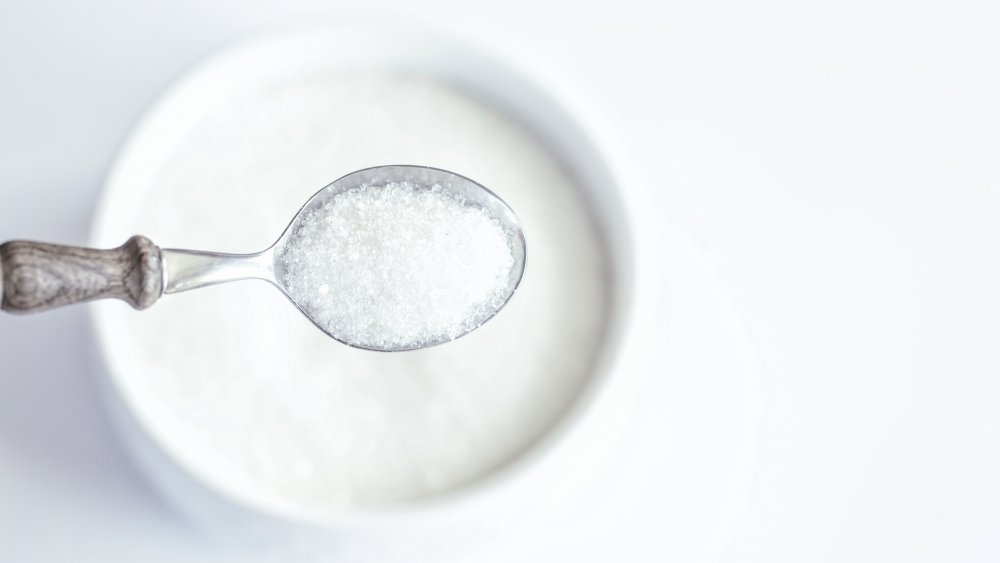What You Need To Know About High Fructose Corn Syrup
High-fructose corn syrup, or HFCS, has been utilized as a sweetener for decades, but recently its potentially harmful effects on our health have come to light, particularly as the fight against obesity reaches fever pitch. There are even suggestions HFCS is more harmful than other sweeteners, including sugar, which it resembles in makeup (HFCS is also comprised of glucose and fructose).
As Healthline explains, HFCS is derived from corn syrup, which is itself processed from corn, and is used to sweeten processed foods, soft drinks, and other fruit-flavored drinks, predominantly in the U.S. It first gained traction as an alternative sweetener in the 70s, when sugar prices were high and corn prices were low. While artificial sweeteners have gained popularity since then, generally speaking, HFCS is considered the worst of the worst. So just how worried do we need to be about including it in our diets, even unintentionally?
High fructose corn syrup and sugar are very similar
Mayo Clinic advises the biggest issue with HFCS has to do with determining how our bodies handle the sweetener — and more research is required in that regard. However, we know that too much sugar of any kind is detrimental to a healthy diet and lifestyle. Sugar should comprise no more than 10 percent of our total daily caloric intake, or no more than 100 calories a day for women and 150 for men (around six teaspoons of added sugar for women and nine for men).
Healthline advises that the biggest difference between HFCS and sugar is that the former is liquid, comprised of 24 percent water. Plus, the fructose and glucose aren't bound together as they are in granulated table sugar. However, in the digestive tract, sugar is broken down into fructose and glucose, so the two end up about the same in your system. However, there's more fructose in HFCS, and too much of it can be bad for you.
HFCS can be harmful to your health
The liver metabolizes fructose, and when it gets too much of it, the fructose is turned into fat, which can cause fatty liver. High fructose consumption can also lead to insulin resistance, obesity, and even type 2 diabetes, as Healthline warns. It can even add visceral fat, which surrounds your organs and may lead to metabolic syndrome, a condition linked to heart disease and certain cancers. A separate Healthline report notes, HFCS has no nutritional value so it's essentially "empty" calories, which decrease the total nutrient content of the rest of your diet for good measure.
More evidence is required to show that HFCS is worse than sugar, but scientifically speaking, you shouldn't be overindulging in either regardless. For reference, Medical News Today advises the most common sources of HFCS include sodas, sweetened juices, processed desserts, condiments and salad dressings, pre-packaged meals, peanut butter, and even some breads, so always check the label before purchasing.


